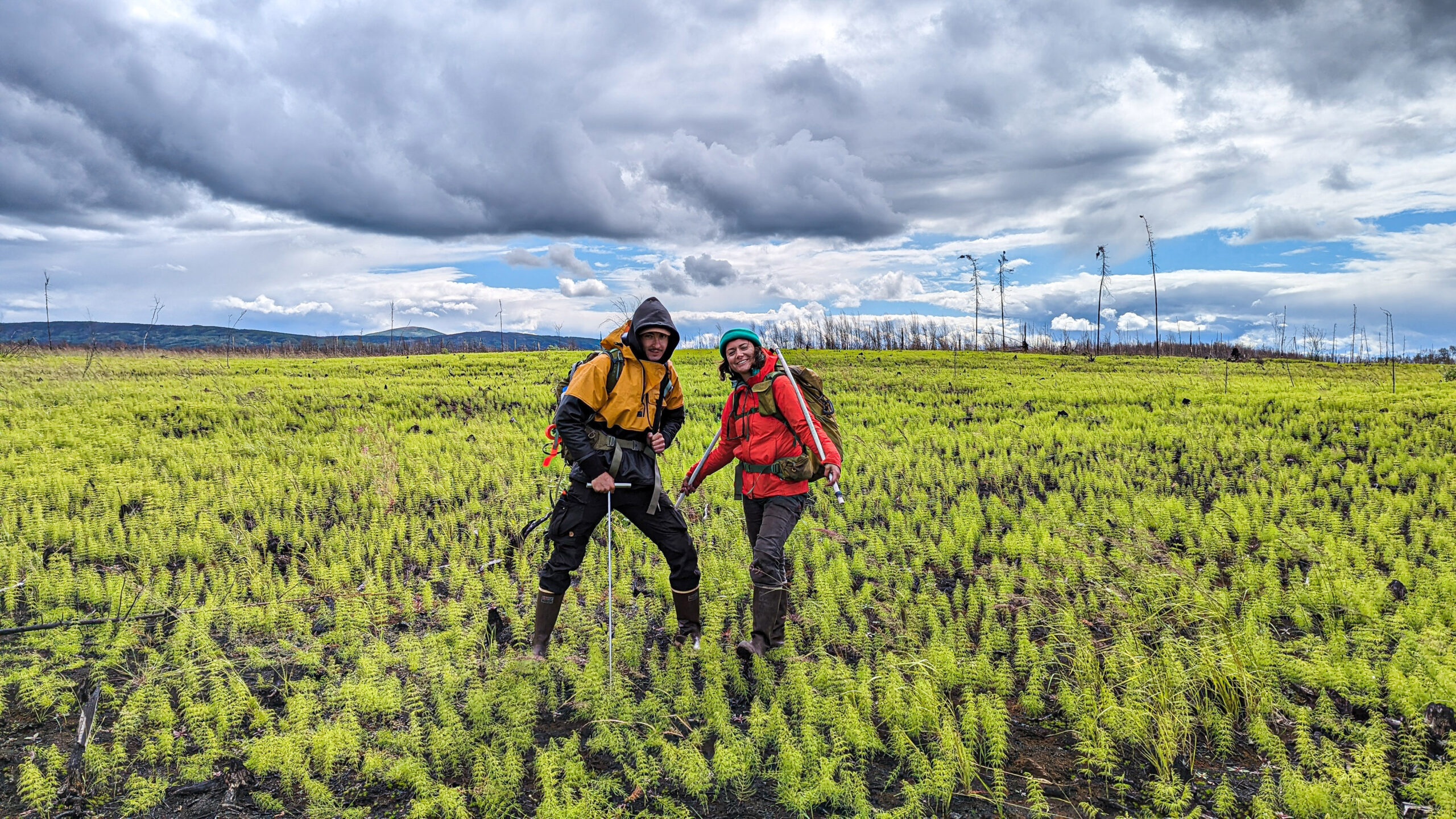The Entering Mentoring program is an evidence-based mentoring approach specifically tailored to STEMM researchers. The LTER Network is piloting an in-network offering of this workshop series.
Why
Effective mentorship can set both mentees and mentors up for success, from small projects all the way through careers. Mentors will develop skills for engaging in productive and dynamic research mentoring relationships. These trainings are free to attend, but space is limited to 30 participants, so register today!
Who

New and experienced mentors alike will find relevant content in this interactive workshop series. The course content is flexible and easily tailored to each individual mentor, and aims to help mentors grow more proficient, no matter where they are starting. The four, 90 minute sessions in April and May are timed to help mentors prepare for the summer field season, but the skills are applicable to a broad range of experiences across ecology and beyond.
The course is open to all career stages. This might include graduate students advising REUs, postdocs with a field team, or faculty or staff establishing a research program. Those in doubt are encouraged to attend—the skills taught here apply to a wide range of mentorship scenarios.
This session of mentoring workshops is now full, and if you fill out the form below you will be added to our waiting list.
When
Workshops dates (all dates are required):
- Thursday, April 17 at 10:00-11:30 a.m. PT (1:00-2:30 p.m. ET)
- Thursday, April 24 at 10:00-11:30 a.m. PT (1:00-2:30 p.m. ET)
- Thursday, May 1 at 10:00-11:30 a.m. PT (1:00-2:30 p.m. ET)
- Thursday, May 8 at 10:00-11:30 a.m. PT (1:00-2:30 p.m. ET)
About Entering Mentoring

Entering Mentoring, based on the work done by the Center for the Improvement of Mentored Experiences in Research (CIMER) at the University of Wisconsin, is an interactive approach designed to help mentors develop and hone skills for engaging in productive, dynamic, research mentoring relationships—relationships that optimize the success of both mentors and mentees. This program has been shown to be effective in increasing mentor knowledge, skills, and behavior.
2025 Mentoring Workshop Series Registration
The mentoring workshop registration is now closed. Please reach out to Molly with any questions mphillips@nceas.ucsb.edu.










